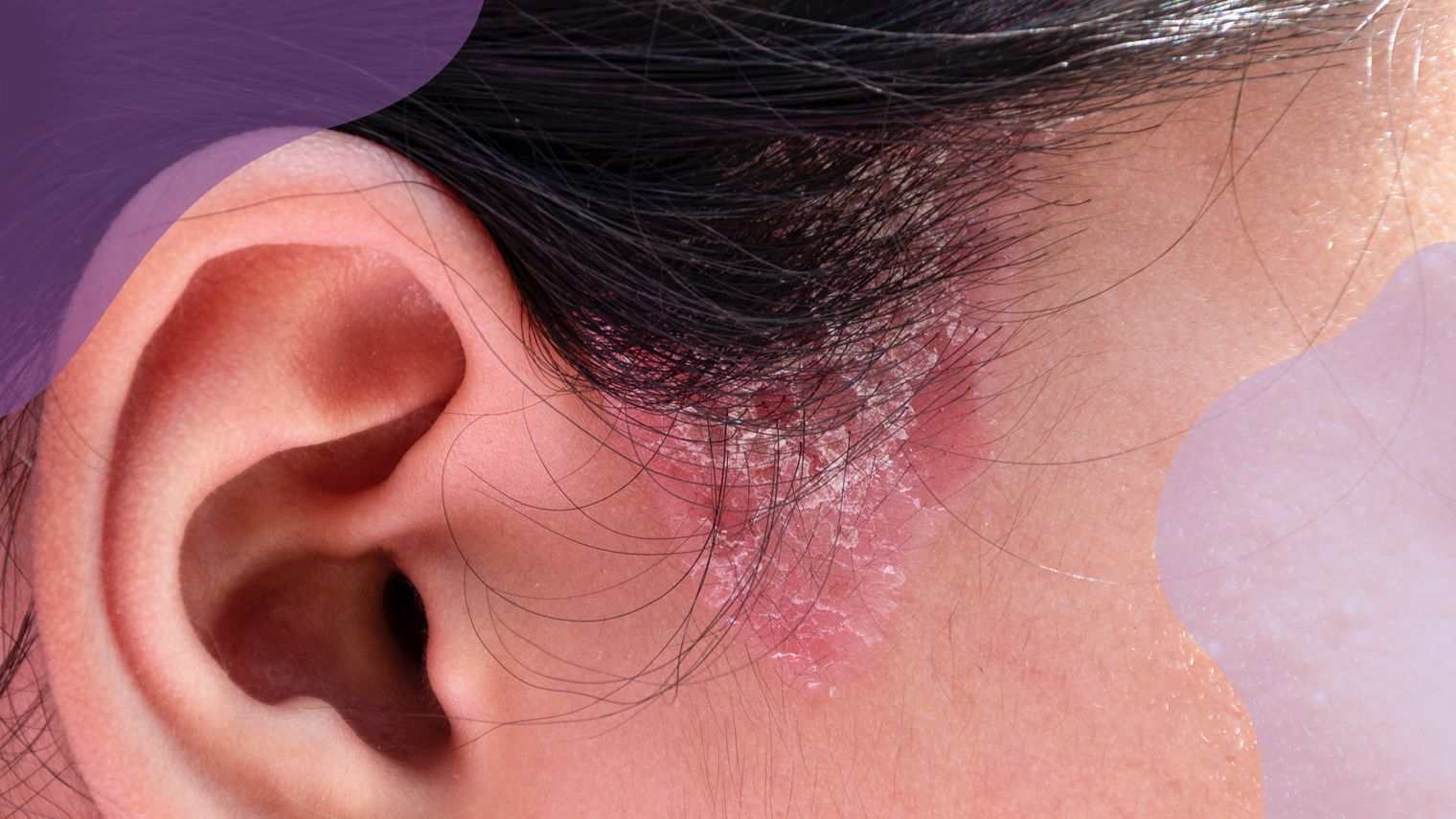How the Cost of Psoriasis Extends Beyond the Financial
August 31, 2022
Content created for the Bezzy community and sponsored by our partners. Learn More

Ratchapon Supprasert/Getty Images
There are many costs associated with living with a lifelong condition, including time, lifestyle, and mental health impacts.
There are many costs associated with living with a lifelong condition. The financial impact may be the most obvious, but it extends far beyond the financial. There is a time, lifestyle, and mental health cost to managing and treating a chronic condition like psoriasis.


The time cost
Managing and treating psoriasis comes with a time cost. This includes time missed from school or work to attend appointments and the time it takes to get to those appointments. Some people have to travel long distances to access the care they need due to a lack of specialist clinics in their region.
Undergoing the treatments and performing necessary management activities also requires commitment. Applying creams, lotions, and ointments can be a very time-consuming and unpleasant activity, sometimes applied by caregivers depending on the person’s age or the location of their psoriasis.
For people diagnosed at a young age, it can feel like psoriasis cost them their childhood: Trips to doctors and specialists, undergoing treatments, standing while a parent applies topical applications, and not being able to use the same products, eat the same foods, or wear the same clothes as their friends. It certainly isn’t the stereotypical childhood.
The mental toll
Psoriasis doesn’t just affect your skin and physical health — living with a visual condition also takes a toll on your mental health. It can cost you your self-confidence and diminish your sense of self-worth.
A wealth of evidence supports the connection between psoriasis and depression and anxiety. Despite the ongoing positivity movements and awareness campaigns, psoriasis remains a highly stigmatized and commonly misunderstood condition. As such, we often feel ashamed and embarrassed about the visual symptoms and conceal the markings on our skin.
A 2016 survey found that people were hesitant to go for certain jobs, pursue certain career paths, or date out of fear their psoriasis wouldn’t be well received.
I constantly receive questions about dating with psoriasis. I know how difficult it can be to disclose to someone that you have the condition, and if things don’t work out, you inevitably wonder, “Was it because of my psoriasis?” Having such a visible condition can impact your self-esteem when pursuing intimate relationships.
Psoriasis and stress also have a complicated relationship. Stress is one of the most common triggers of psoriasis, and unfortunately, having psoriasis causes people a great deal of stress. From stressing over your appearance to stressing about the financial costs of treatment and management, it can cause a spiral. It’s a vicious cycle.
Adapting to change
When you’re first diagnosed with a chronic condition, it’s common to mourn the life you had before and fantasize about the one you thought you would have. Those initial days, weeks, months, and even years after a diagnosis can be very tough. Your mind often focuses on the negatives, and you see the challenges and limitations more so than the possibilities. It can be difficult to wrap your head around and accept that life will not be the same. It’s something I struggled with for some time.
I didn’t want to have to change who I was or stop doing, wearing, and eating the things I loved because of my condition. Being diagnosed with a psoriatic disease doesn’t necessarily mean you have to stop doing the things you want, but it might mean you have to alter them or make compromises.
Certain forms of psoriasis, like pustular and psoriatic arthritis, can stop people from engaging in the sports and other activities they enjoyed before their diagnosis. But just because you can’t do something the way you once did doesn’t mean you have to give it up entirely. Knowing when to push your body and when to rest is crucial to balancing your lifestyle with psoriasis.
There are products, clothing, gadgets, and medications out there to make living with psoriasis easier. You can make home and car modifications like getting a swivel seat installed in your car, or investing in protective or compression gloves, heat packs, lint rollers, and reaching devices. Negotiate hours and duties with your employer or alter your workspace to accommodate your needs, like getting an ergonomic mouse for your PC or an orthopedic desk chair.
For me, it’s less about giving up and more about compromise. I know my triggers — the weather conditions, products, and foods my psoriasis doesn’t like — and for the most part, I avoid those things. But just because my psoriasis doesn’t react well to heat won’t stop me from going on holidays and eating spicy dishes. It just means being prepared, knowing what to have with me, and what to do to combat the inevitable symptoms.
Pastimes are essential to your well-being and maintaining a good quality of life. Keep them up, even if that means getting creative about how you do them.
The takeaway
Psoriasis doesn’t have to cost you your lifestyle — there are people and gadgets out there to help you live your best life.
Look into what services are available to you, like helplines or support groups run by national charities. Many of these services are free and easily accessible.
Seek out the psoriasis community online, either on social media or platforms like Bezzy. I find messaging fellow people with psoriasis to be very therapeutic and comforting. Just talking with someone who truly understands and sharing tips with each other helps ease the burden. Looking at content from other psoriasis warriors positively affects my mental health and boosts my self-esteem, as well. We’re not in this alone.
Medically reviewed on August 31, 2022
2 Sources


Like the story? React, bookmark, or share below:
Have thoughts or suggestions about this article? Email us at article-feedback@bezzy.com.
About the author